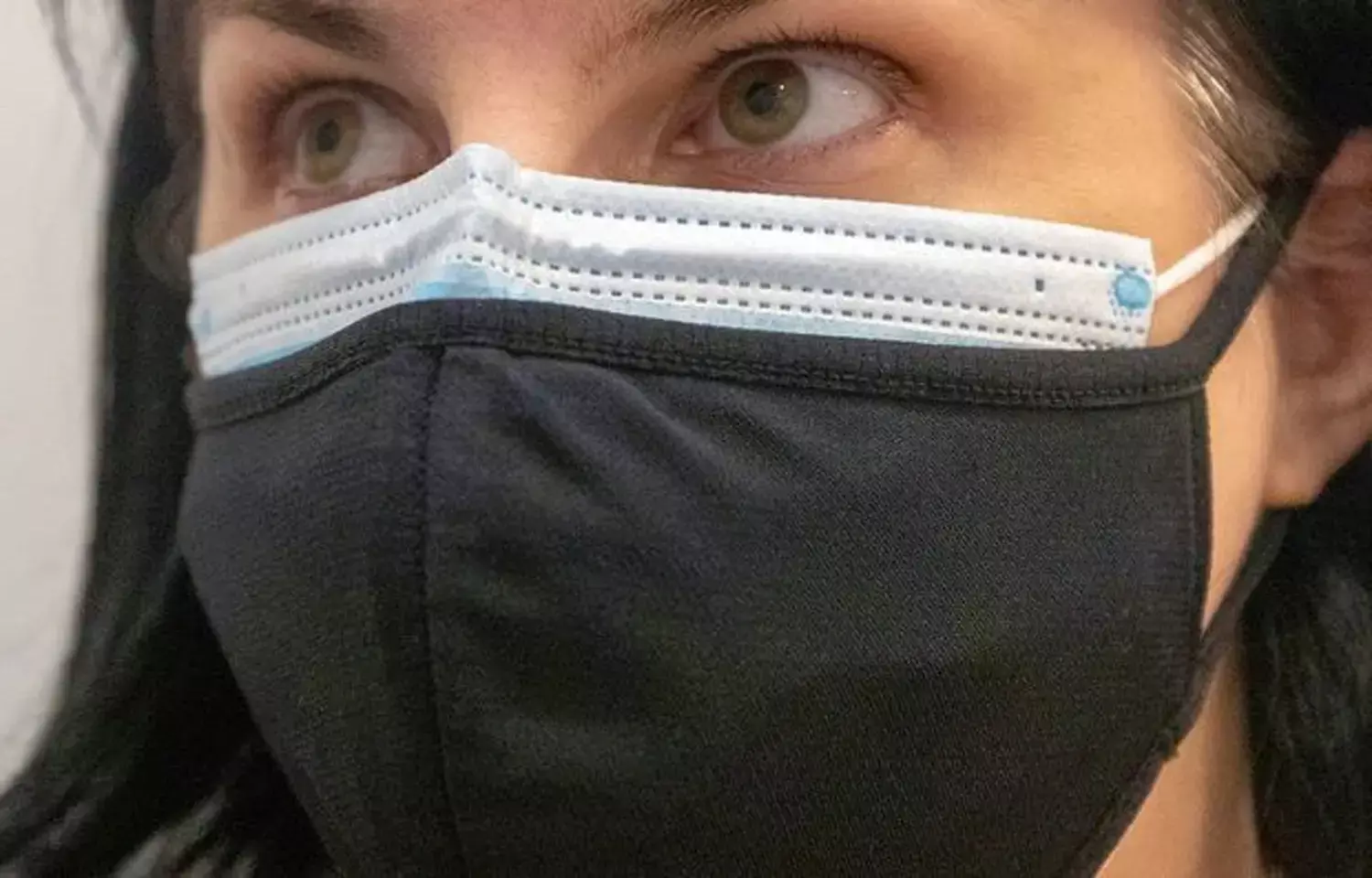- Home
- Medical news & Guidelines
- Anesthesiology
- Cardiology and CTVS
- Critical Care
- Dentistry
- Dermatology
- Diabetes and Endocrinology
- ENT
- Gastroenterology
- Medicine
- Nephrology
- Neurology
- Obstretics-Gynaecology
- Oncology
- Ophthalmology
- Orthopaedics
- Pediatrics-Neonatology
- Psychiatry
- Pulmonology
- Radiology
- Surgery
- Urology
- Laboratory Medicine
- Diet
- Nursing
- Paramedical
- Physiotherapy
- Health news
- Fact Check
- Bone Health Fact Check
- Brain Health Fact Check
- Cancer Related Fact Check
- Child Care Fact Check
- Dental and oral health fact check
- Diabetes and metabolic health fact check
- Diet and Nutrition Fact Check
- Eye and ENT Care Fact Check
- Fitness fact check
- Gut health fact check
- Heart health fact check
- Kidney health fact check
- Medical education fact check
- Men's health fact check
- Respiratory fact check
- Skin and hair care fact check
- Vaccine and Immunization fact check
- Women's health fact check
- AYUSH
- State News
- Andaman and Nicobar Islands
- Andhra Pradesh
- Arunachal Pradesh
- Assam
- Bihar
- Chandigarh
- Chattisgarh
- Dadra and Nagar Haveli
- Daman and Diu
- Delhi
- Goa
- Gujarat
- Haryana
- Himachal Pradesh
- Jammu & Kashmir
- Jharkhand
- Karnataka
- Kerala
- Ladakh
- Lakshadweep
- Madhya Pradesh
- Maharashtra
- Manipur
- Meghalaya
- Mizoram
- Nagaland
- Odisha
- Puducherry
- Punjab
- Rajasthan
- Sikkim
- Tamil Nadu
- Telangana
- Tripura
- Uttar Pradesh
- Uttrakhand
- West Bengal
- Medical Education
- Industry
CDC urges to wear double mask, better mask fit to contain COVID 19 spread

USA: Layering a cloth mask over the surgical mask and improving mask fit both can significantly reduce the risk to COVID-19 exposure, finds new study from the Centers for Disease Control and Prevention.
According to the researchers, wearing just one mask blocked about 40% of the particles exhaled by an unmasked artificial head. However, putting a cloth mask over a surgical mask blocked about 80% of particles from an unmasked head. Also, a better fit was found to improve a mask's effectiveness.
The CDC researchers explored the effectiveness of different masking approaches through laboratory experiments in which they placed two artificial heads 6 feet from one another and measured how many coronavirus-sized particles exhaled by one were inhaled by the other.
Key points:
- Wearing just one mask, either surgical or cloth, blocked a little over 40% of the particles from simulated breathing by an unmasked head.
- A cloth mask on top of a surgical mask blocked about 80% of particles from an unmasked head.
- When both of the heads in the experiment wore two masks, more than 95% of the particles were blocked.
- A tighter fit can improve the effectiveness of masks. One way to improve the fit of medical masks is if they are "knotted and tucked.
- When both heads were wearing a knotted and tucked mask, about 96% of particles were blocked. When one of the heads was wearing a knotted and tucked mask and the other was not, a little over 60% of particles were blocked.
The study also found that a tighter fit can improved the effectiveness of masks. One way to improve the fit of medical masks is if they are "knotted and tucked." That's achieved, the CDC said, "by bringing together the corners and ear loops on each side, knotting the ear loops together where they attach to the mask, and then tucking in and flattening the resulting extra mask material to minimize the side gaps."
"The study's findings underscore the importance of wearing a mask correctly and making sure it fits closely and snugly over your nose and mouth," said CDC Director Dr. Rochelle Walensky.
Walensky said the agency is not changing its original recommendation that everyone two years and older wear a mask when around people who don't live in their household.
However, the agency will update its guidance on its website "to provide new options on how to improve mask fit," Walensky said.
Those options include wearing a mask with a moldable nose wire or wearing a cloth mask over a disposable surgical mask, she said. She added that there are new devices called mask fitters that can help cinch a cloth or medical mask and create a tighter fit.
"The bottom line is this: Masks work, and they work best when they have a good fit and are worn correctly," Walensky said.
Dr Kamal Kant Kohli-MBBS, DTCD- a chest specialist with more than 30 years of practice and a flair for writing clinical articles, Dr Kamal Kant Kohli joined Medical Dialogues as a Chief Editor of Medical News. Besides writing articles, as an editor, he proofreads and verifies all the medical content published on Medical Dialogues including those coming from journals, studies,medical conferences,guidelines etc. Email: drkohli@medicaldialogues.in. Contact no. 011-43720751


